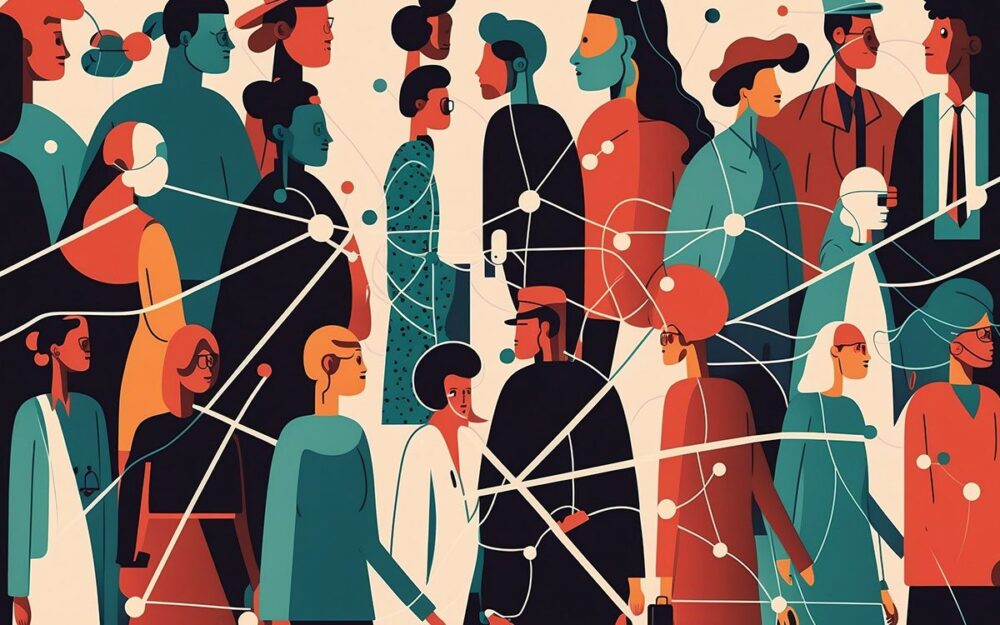
November 29, 2017; Philadelphia Inquirer
Blossom Philadelphia, a nonprofit that provides residential, learning, and other services to individuals with intellectual and developmental disabilities (ID/DD), has lost its license and will transfer its patients to other, as-yet-unidentified services before the end of the year.
The Philadelphia Inquirer reported that Blossom “failed to fix problems found during inspections in July and August and failed to report incidents as required by law. Violations included the use of staff that had not been trained, as well as the failure to properly administer medications and get residents to medical appointments.” Inspectors also found the homes to be dirty and subject to problems like mildew, missing window screens, and faulty smoke detectors.
It seems that the problems in patient care were reflective of organizational problems at several levels. The Inquirer reported that “Under [Paula] Czyzewski, Blossom’s chief executive since 2014, the 71-year-old nonprofit has been in turmoil. It has seen a complete turnover in senior management during her tenure.” Czyzewski invested in a rebranding of her organization, but not in training her staff; instead, she laid off 179 of Blossom’s 347 employees and hired a staffing firm to manage day-to-day care of residents. That’s a red flag in patient care if we’ve ever seen one.
Sign up for our free newsletters
Subscribe to NPQ's newsletters to have our top stories delivered directly to your inbox.
By signing up, you agree to our privacy policy and terms of use, and to receive messages from NPQ and our partners.
The majority of Blossom’s budget comes from program service revenue, mostly from government programs. In 2016, it reported nearly $1.5 million on salaries, over one third of that on the five executive staff members. Unfortunately, since the outsourcing and rebranding both happened in 2017, the form 990 is not yet available.
NPQ noted in 2014 that after the Supreme Court’s landmark Olmstead v. L.C. decision which “cautioned against forced deinstitutionalization,” lobbying by nonprofits and others “(incorrectly) characterized Olmstead as a deinstitutionalization ‘mandate’ requiring ‘community integration for everyone.’” After that, “between 1977 and 2010, the number of residential settings that served people with ID/DD increased by a remarkable 1,598 percent,” and the incidents of improper care and neglect began to rise.
In fact, the 2014 Case for Inclusion report released by United for Cerebral Palsy claimed that “38 states now meet the 80/80 Community standard, which means that at least 80 percent of all individuals with ID/DD are served in the community and 80 percent of all resources spent on those with ID/DD are for community support. Those that do NOT meet the 80/80 standard…are very close.” UCP explicitly advocated for deinstitutionalization, three years after the report, they rebranded, becoming Blossom Philadelphia.
The “independence, productivity and full citizenship of people with disabilities” cited by UCP/Blossom’s mission statement is a worthy goal, and one that often benefits ID/DD when the effort is paired with funding and community support. However, too often, the powerful language around independence and community integration is allowed to supersede a close examination of what’s really best for patients. The case of Blossom Philadelphia, where everyday standards like consistent medication and decent facilities were overlooked for a revamp of branding and staff organization, stands as an example of who is endangered when an organization fails to focus on the people it serves.—Erin Rubin













